**Introduction**
The global housing crisis is one of the most pressing challenges of the 21st century. Rapid urbanization, population growth, and the increasing demand for affordable, sustainable, and efficient housing solutions have pushed the construction industry to rethink traditional building methods. In this context, modular prefab houses have emerged as a revolutionary solution, combining innovative design with functionality to address the diverse needs of modern housing. Lida Group, a pioneer in modular construction, has been at the forefront of this transformation, offering cutting-edge modular prefab houses that redefine the future of housing. This article explores the features, benefits, and implications of Lida Group’s modular prefab houses, highlighting their role in shaping the future of housing.
**The Global Housing Crisis**
The world is facing an unprecedented housing crisis. According to the United Nations, over 1.6 billion people live in inadequate housing, and by 2030, an estimated 3 billion people will require access to affordable and adequate housing. This crisis is driven by several factors, including:
1. **Rapid Urbanization**: The global urban population is growing at an unprecedented rate, with millions of people moving to cities in search of better opportunities. This rapid urbanization has led to overcrowding, rising property prices, and a shortage of affordable housing.
2. **Population Growth**: The global population is expected to reach 9.7 billion by 2050, further exacerbating the demand for housing. In many regions, the supply of housing has failed to keep pace with population growth, leading to housing shortages and informal settlements.
3. **Climate Change**: The construction industry is a significant contributor to greenhouse gas emissions, and traditional building methods are often resource-intensive and environmentally damaging. As the world grapples with the effects of climate change, there is a growing need for sustainable housing solutions.
4. **Economic Inequality**: Rising economic inequality has made it increasingly difficult for low- and middle-income families to afford housing. In many cities, the cost of housing far exceeds the income of average households, leading to housing insecurity and homelessness.
In response to these challenges, modular prefab houses have emerged as a viable solution. These houses, which are constructed off-site in a factory and then assembled on-site, offer a faster, more cost-effective, and sustainable alternative to traditional construction methods. Lida Group’s modular prefab houses are at the forefront of this innovation, combining cutting-edge design with functionality to meet the diverse needs of modern housing.
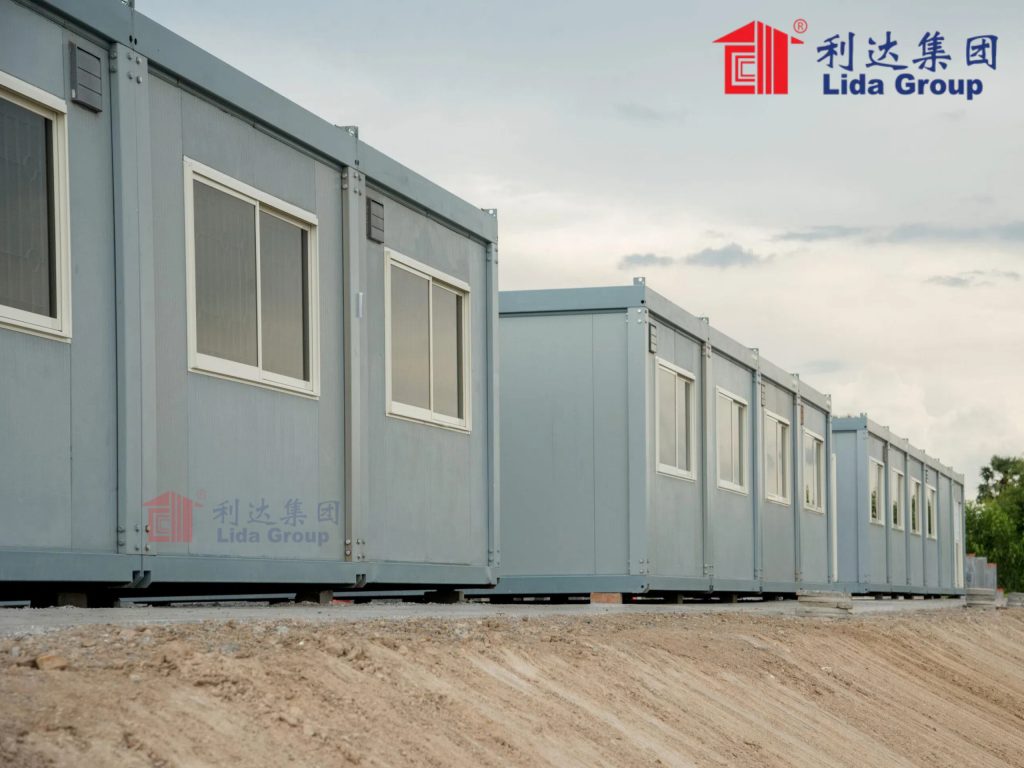
**What Are Modular Prefab Houses?**
Modular prefab houses are housing units that are constructed in a factory setting using prefabricated modules. These modules are then transported to the construction site and assembled to create a complete house. The modular construction process offers several advantages over traditional building methods, including:
1. **Speed of Construction**: Modular prefab houses can be constructed in a fraction of the time required for traditional buildings. Since the modules are built in a controlled factory environment, construction is not delayed by weather conditions or other on-site challenges.
2. **Cost-Effectiveness**: The factory-based construction process reduces labor costs and material waste, making modular prefab houses more affordable than traditional homes. Additionally, the shorter construction timeline reduces financing costs and allows homeowners to move in sooner.
3. **Quality Control**: The factory setting allows for rigorous quality control, ensuring that each module meets high standards of construction. This results in a more durable and reliable housing product.
4. **Sustainability**: Modular construction is inherently more sustainable than traditional building methods. The controlled factory environment reduces material waste, and the use of energy-efficient materials and systems minimizes the environmental impact of the house.
5. **Flexibility and Customization**: Modular prefab houses can be easily customized to meet the specific needs and preferences of homeowners. The modular design allows for a wide range of configurations, from single-family homes to multi-story apartment buildings.
**Key Features of Lida Group’s Modular Prefab Houses**
Lida Group’s modular prefab houses are designed with a focus on innovation, functionality, and sustainability. Some of the key features include:
1. **Innovative Design**: Lida Group’s modular prefab houses feature modern, aesthetically pleasing designs that blend seamlessly with their surroundings. The houses are available in a variety of styles, from minimalist and contemporary to traditional and rustic, ensuring that there is a design to suit every taste.
2. **High-Quality Materials**: The houses are constructed using high-quality, durable materials that are designed to withstand the test of time. These materials are also environmentally friendly, contributing to the overall sustainability of the house.
3. **Energy Efficiency**: Lida Group’s modular prefab houses are designed with energy efficiency in mind. Features such as high-performance insulation, energy-efficient windows, and solar panels help to reduce energy consumption and lower utility bills.
4. **Smart Home Technology**: The houses are equipped with smart home technology, allowing homeowners to control lighting, heating, cooling, and security systems remotely. This technology enhances the convenience and comfort of living in a modular prefab house.
5. **Customizable Layouts**: The modular design allows for a high degree of customization. Homeowners can choose from a variety of floor plans and layouts to create a house that meets their specific needs and preferences.
6. **Quick Assembly**: The modular construction process allows for quick and efficient assembly on-site. Once the modules are delivered, the house can be assembled in a matter of days, reducing the overall construction timeline.
7. **Durability and Safety**: Lida Group’s modular prefab houses are built to withstand extreme weather conditions and other environmental challenges. The houses are designed with safety features such as fire-resistant materials, reinforced structures, and secure locking systems.
8. **Sustainability**: The houses are designed with sustainability in mind, incorporating features such as rainwater harvesting systems, green roofs, and energy-efficient appliances. These features help to reduce the environmental impact of the house and promote a more sustainable lifestyle.
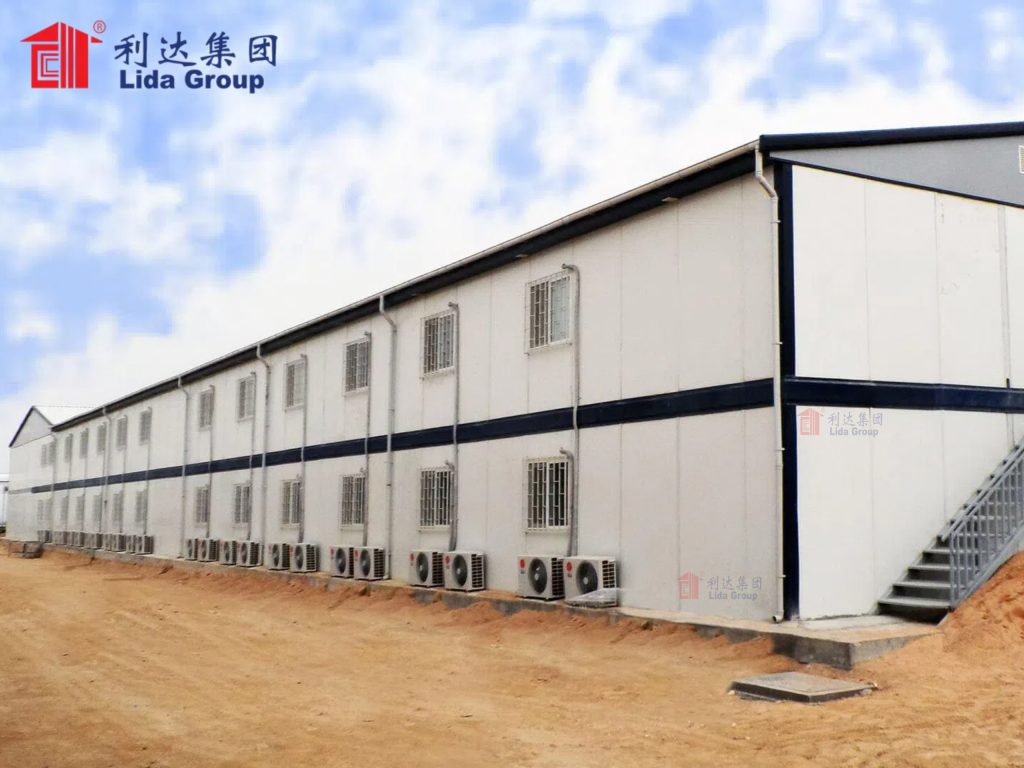
**Applications of Modular Prefab Houses**
Lida Group’s modular prefab houses have a wide range of applications, including:
1. **Residential Housing**: Modular prefab houses are an ideal solution for residential housing, offering a fast, affordable, and sustainable alternative to traditional homes. They can be used for single-family homes, multi-family housing, and even entire housing developments.
2. **Emergency Housing**: In the aftermath of natural disasters or other emergencies, modular prefab houses can be quickly deployed to provide temporary housing for displaced populations. Their quick assembly and durability make them an ideal solution for emergency situations.
3. **Student Housing**: Many universities and colleges are turning to modular prefab houses to provide affordable and comfortable housing for students. The houses can be quickly assembled on or near campus, reducing the need for students to commute long distances.
4. **Workforce Housing**: In areas with large construction or infrastructure projects, modular prefab houses can be used to provide temporary housing for workers. This ensures that workers have a safe and comfortable place to live while reducing the strain on local housing markets.
5. **Tourism and Hospitality**: Modular prefab houses are increasingly being used in the tourism and hospitality industry to create eco-friendly and unique accommodations for travelers. From luxury resorts to glamping sites, these houses offer a sustainable and memorable lodging experience.
6. **Urban Redevelopment**: Modular prefab houses can be used as part of urban redevelopment projects to provide temporary or permanent housing for residents while their homes are being renovated or rebuilt. Once the redevelopment is complete, the houses can be relocated to another site.
**Case Studies: Successful Implementation of Modular Prefab Houses**
Several projects around the world have successfully implemented Lida Group’s modular prefab houses to address housing challenges. Below are a few examples:
1. **Affordable Housing Development in Europe**: A housing development in Europe utilized Lida Group’s modular prefab houses to provide affordable housing for low- and middle-income families. The houses were quickly assembled and offered a high-quality living environment at a fraction of the cost of traditional homes.
2. **Disaster Relief in Asia**: Following a natural disaster in Asia, Lida Group’s modular prefab houses were used to provide temporary housing for displaced families. The houses were quickly deployed and provided a safe and comfortable living environment while the affected communities rebuilt.
3. **Student Housing in North America**: A university in North America used Lida Group’s modular prefab houses to create a student housing complex on campus. The houses were designed with student needs in mind, offering comfortable living spaces, study areas, and recreational facilities.
4. **Tourism Project in Africa**: A luxury eco-resort in Africa incorporated Lida Group’s modular prefab houses to create unique and sustainable accommodations for guests. The houses were designed to blend seamlessly with the natural surroundings and offered a luxurious yet eco-friendly lodging experience.
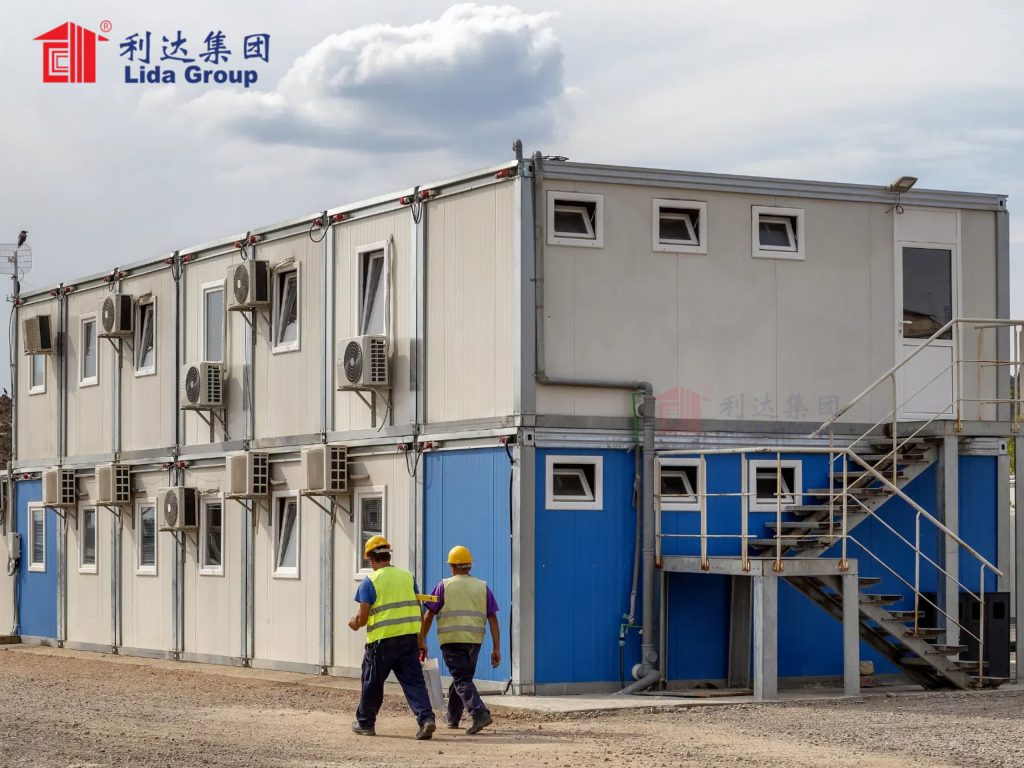
**Challenges and Solutions**
While modular prefab houses offer many benefits, they are not without challenges. Some of the key challenges and solutions include:
1. **Perception and Stigma**: In some communities, there may be a stigma associated with modular prefab houses, with some people viewing them as inferior to traditional homes. Efforts are needed to change public perceptions and highlight the benefits of modular construction.
2. **Regulatory Barriers**: In some regions, zoning laws and building codes may pose barriers to the adoption of modular prefab houses. Governments and policymakers need to work with developers to create a regulatory environment that supports modular construction.
3. **Transportation and Logistics**: Transporting modular prefab houses to remote or challenging locations can be logistically complex. Lida Group’s experienced logistics team ensures that the houses can be delivered and assembled efficiently, even in difficult-to-reach areas.
4. **Customization Limitations**: While modular prefab houses offer a high degree of customization, there may be limitations in terms of design and layout. Lida Group addresses this challenge by offering a wide range of customizable options to meet the needs of different homeowners.
5. **Long-Term Durability**: Ensuring the long-term durability of modular prefab houses is critical. Lida Group’s houses are built to high standards of quality and durability, with regular maintenance and inspections to ensure their longevity.
**Future Prospects**
The future of modular prefab houses looks promising, particularly as the demand for affordable, sustainable, and efficient housing solutions continues to grow. Lida Group is at the forefront of this innovation, continuously improving the design and functionality of its modular prefab houses. Future developments may include the integration of advanced technologies, such as 3D printing and artificial intelligence, to further enhance the efficiency and sustainability of modular construction.
Additionally, there is growing recognition of the importance of sustainability in the construction industry. Lida Group is committed to designing modular prefab houses that not only meet the needs of homeowners but also minimize their environmental impact. By incorporating features such as renewable energy systems, green building materials, and smart home technology, Lida Group is helping to create a more sustainable future for housing.
Governments, developers, and industry leaders have a critical role to play in promoting the adoption of modular prefab houses. By investing in innovative solutions such as Lida Group’s modular prefab houses, they can address the global housing crisis while promoting sustainability and economic growth.
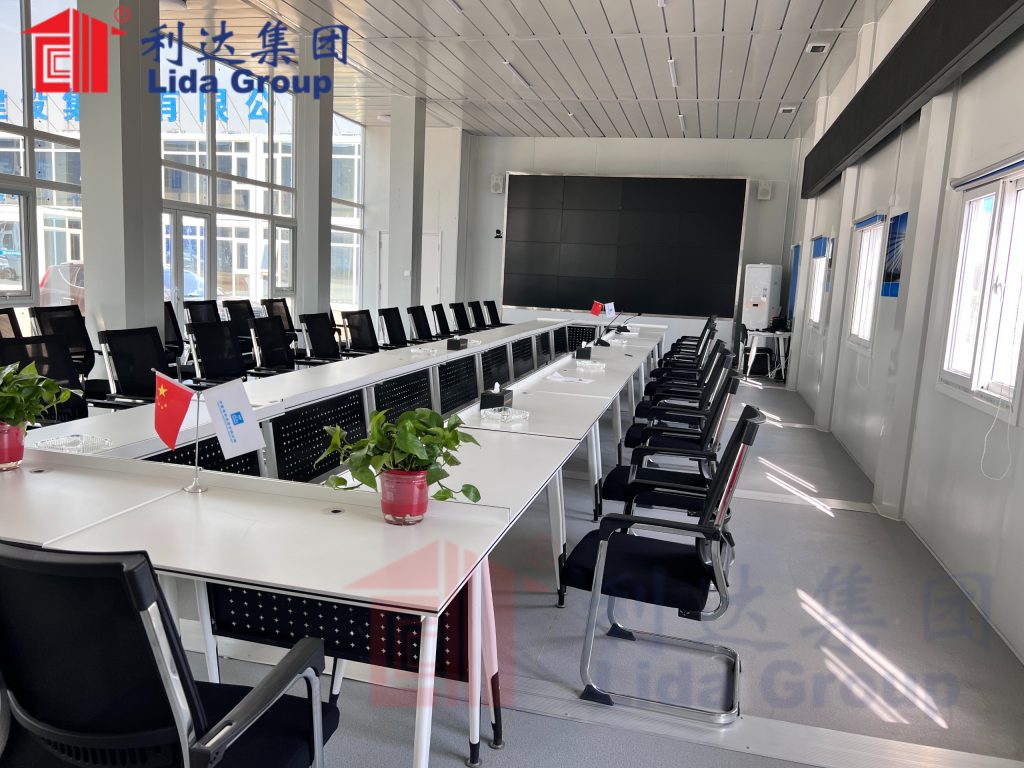
**Conclusion**
Modular prefab houses represent a transformative solution to the global housing crisis, offering a fast, affordable, and sustainable alternative to traditional construction methods. Lida Group’s modular prefab houses are at the forefront of this innovation, combining cutting-edge design with functionality to meet the diverse needs of modern housing. Through their innovative design, high-quality construction, and commitment to sustainability, Lida Group’s modular prefab houses are redefining the future of housing.
As the world continues to grapple with the challenges of urbanization, population growth, and climate change, the demand for modular prefab houses will only increase. Lida Group’s solutions offer a forward-thinking approach to housing, ensuring that homes are not only affordable and efficient but also environmentally friendly and adaptable to the needs of future generations. By prioritizing innovation, sustainability, and human-centric design, Lida Group’s modular prefab houses are paving the way for a brighter and more sustainable future in housing.
In conclusion, Lida Group’s modular prefab houses are more than just a housing solution; they are a testament to the power of innovation and creativity in addressing some of the most pressing challenges of our time. As the world continues to evolve, modular prefab houses will play an increasingly important role in shaping the future of housing, offering a sustainable and efficient solution for generations to come.
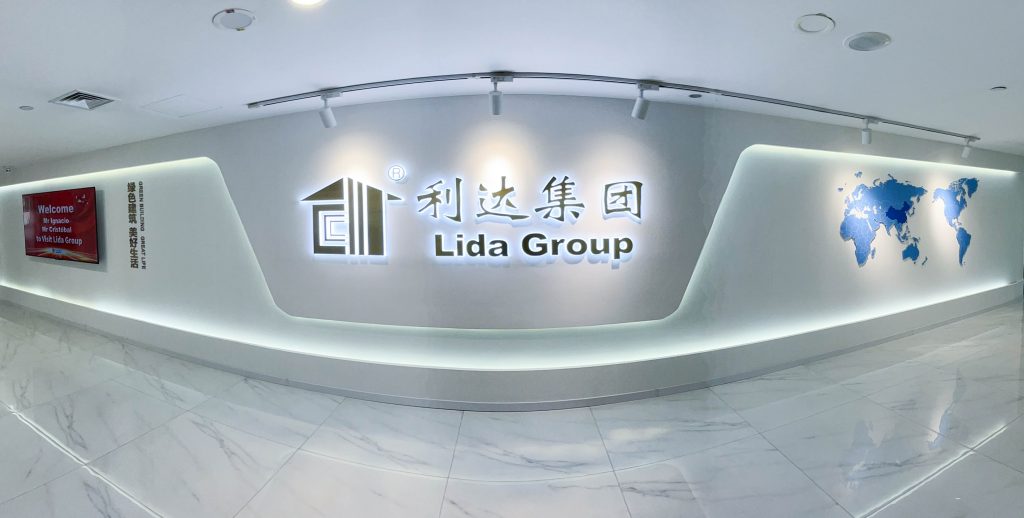
Related news
-
Lida Group’s Temporary Labor Camps Ensure Safety and Comfort for Workers in Remote Locations
2025-02-12 16:06:48
-
Mobile Container Apartments by Lida Group Provide Quick and Reliable Housing for Urban Expansion
2025-03-12 15:39:15
-
Lida Group’s Modular Prefab Houses Deliver Cost-Effective and Eco-Friendly Housing Solutions Worldwide
2025-02-12 13:34:59
contact us
- Tel: +86-532-88966982
- Whatsapp: +86-13793209022
- E-mail: sales@lidajituan.com


